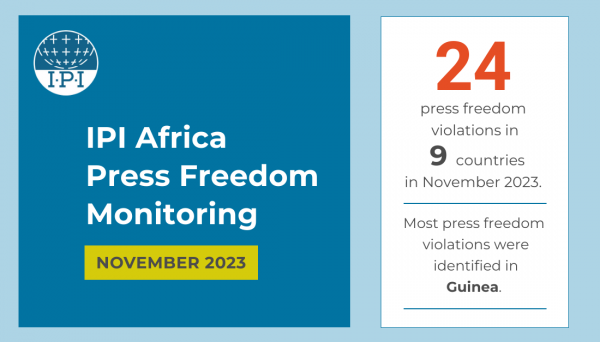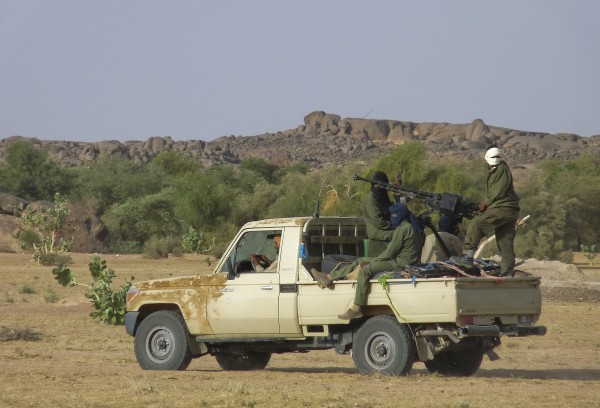The European Parliament has signed off on a lengthy resolution that challenges nations in Africa’s Sahel region to improve their record on press freedom, journalists’ safety and human rights.
Though the resolution adopted on Oct. 22 lacks any real muscle, its sends an important message that nations getting development and humanitarian support from the European Union should be held accountable for the censorship, intimidation or jailing of journalists. The EU is the leading donor to a region that includes Burkina Faso, Chad, Mali, Mauritania and Niger through the Sahel strategy for security and development.
Drafted by British MEP Charles Tannock, the 47-page document points out that respect for human rights and stable development are “inextricably linked”. It also adds that “the protection and promotion of freedom of speech is essential in developing an active and engaged civil society that can properly contribute to the development of the entire region; [and] condemns, in this connection, any attempt at censorship, intimidation of journalists or human rights activists and any type of direct or indirect pressure exerted on private or state media.”
The resolution urges Sahel countries “to cease all arbitrary arrests and intimidation campaigns aimed at the press and the media, human rights defenders, or opposition activists; [and] calls on the Sahel-Sahara countries, including the North African countries, to respect fully the freedom of expression of non-violent groups and their freedom to demonstrate.”
While there is much to be wary of in the region, there are glimmers of hope. President Mahamadou Issoufou of Niger in 2011 became the first African leader to sign the Table Mountain Declaration aimed at abolishing criminal defamation. Though Mali still faces massive internal dislocation due to its north-south conflict, the country’s new president, Ibrahim Boubacar Keita, has vowed to restore democracy and stability, and to work with international partners to mend the fractured nation.
There other positive signs. A report issued on Oct. 21 by the Media Foundation for West Africa (MFWA) cited “commendable improvements” for news media in Mali. With the country more stable than it was following a coup and a flare-up in sectarian fighting in 2012, “More media organisations and journalists have resumed their work with minimal fear and intimidation,” MFWA notes. The report suggests that international pressure on Mali’s leaders to hold elections and to confront its regional inequality helped.
With the first round of legislative elections set for Nov. 24 in Mali, the country has the opportunity to further improve its media outlook. For starters, President Keita could join his counterpart from Niger in signing the Table Mountain Declaration. And the new National Assembly should swiftly follow up in abolishing criminal defamation. That, along with continued nudging from donors like the EU, might compel some of Mali’s neighbours to loosen their grip on the news media.
Timothy Spence is IPI’s senior press freedom advisor for the Middle East and Africa. E-mail: tspence[at]freemedia.at


